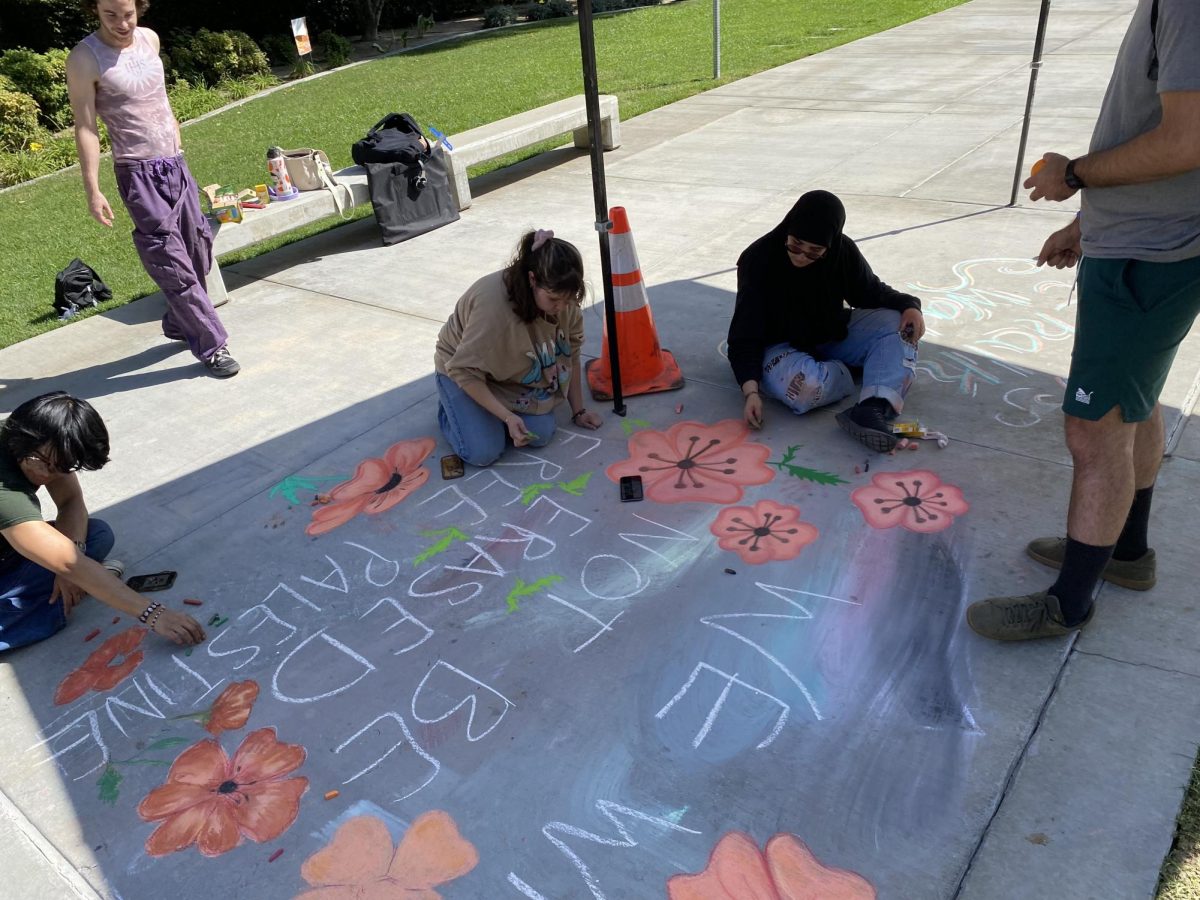Crystal Olmedo | Staff Writer
In the wake of numerous mishandlings of sexual assault claims made by California college students, Riverside City College students and faculty are preparing to do their part to raise awareness and implement regulations.
These regulations are set to take precedent in regards to education on sexual assault, and the enforcing of policies that guard victims and prosecute offenders.
Sen. Kevin De Leon, D-Los Angeles, and Sen. Hannah-Beth Jackson, D-Santa Barbara, introduced SB 967, widely known as the, “Yes means yes” bill. Senate passed the legislation unanimously Aug. 28. Governor Jerry Brown announced on Sept. 28 that he signed the bill, making it a law.
“Yes means yes” requires the inclusion of an affirmative consent standard in college and university policies on rape and sexual assault, meaning there must be a clear model for mutual consent from participating members, regardless of gender, sexual orientation, the influence of alcohol or drugs or a victim’s relationship with the accused. The legislation also calls for all California colleges and universities to amend their policy in regards to investigating and reporting sexual assault crimes.
Edward Bush, vice president of student services, says he is aware of the pending legislation.
“I anticipate that RCC … will modify its student conduct policy to reflect the new legislation as well as exploring ways to educate our students about SB 967,” Bush said. “The college has already looked at its policies to ensure that we are meeting the new Campus Sexual Violence Elimination Act, known as the Campus SaVE (sic) Act. It is the goal of the college to make sure that all students are safe on campus and to do all that we can under the law to make sure that we appropriately and thoroughly follow up on any claims of sexual assault.”
The Campus SaVE Act was implemented October 2013. It complements Title IX of the Education Amendments of 1972 that address students’ rights regarding discrimination based on sex in education programs and activities that receive federal financial aid. The Campus SaVE (sic) Act updated the Jeanne Clery Act of 1991. The Jeanne Clery act addresses student rights and colleges’ responsibilities in reporting statistics of incidents of sexual assault, domestic violence, dating violence and stalking that occur within Clery geography and are reported to campus security authorities. Colleges and Universities must also provide ongoing education programs to promote awareness and prevention of sexual assault.
A representative of campus police was not unavailable to make a comment.
Sexual assault awareness is addressed at students’ orientations before they officially attend classes at RCC.
“Sexual assault is an uncomfortable thing to talk about so it is important that students have resources available to them,” said Deborah Croan, the director of RCC’s Student Health and Psychological Services. “We have a great staff and great resources. It is an ongoing process to help students maintain their mental health.”
RCC students currently have various types of resources to provide guidance and comfort if they or someone they know, have suffered a sexual assault or traumatic event on campus. Some of these include, sessions with counselors and peer mental health educators at the office of Student Health and Psychological Services, where they can also receive referrals for county, city or religious based support groups. Croan asserted that the department is looking into developing new strategies and training programs.
“I highly encourage students to take the Kognito training. This program will help students to recognize symptoms of distress in others who may have suffered a sexual assault, and the impact it has on their life. It helps students to see things in a different light,” Croan said, “Implementing an active bystander training program is tantamount, so that students who witness a sexual assault, or behavior,” that is indicative of emotional, physical or mental stress, “can speak out about it.”
Many students do not report sexual assault for fear of being misunderstood or scrutinized. This can lead to emotional and mental distress. According to Rape, Abuse and Incest National Network, victims of sexual assault are three times more likely to suffer from depression, six times more likely to suffer from post-traumatic stress disorder and four times more likely to commit suicide.
RCC is home to one of Active Minds’ five star chapters, a student-led club of mental health advocates. Its focus is to assist students in developing coping skills to get through their various stages of college and provide a safe haven for students to share their experiences and concerns with peers who can identify with their day-to-day struggles.Viviana Arroyo, president of Active Minds at RCC, says she wants the club “To provide students with something to remember,” and a forum where they can speak up about problems they may usually keep to themselves.
According to Ray Orozco, ASRCC president, ASRCC also plans to look into implementing the changes that may come with the passing of the “yes means yes” law.
“During the next couple of weeks we would like to address this topic at our meetings and then announce what our involvement will be,” Orozco said.






